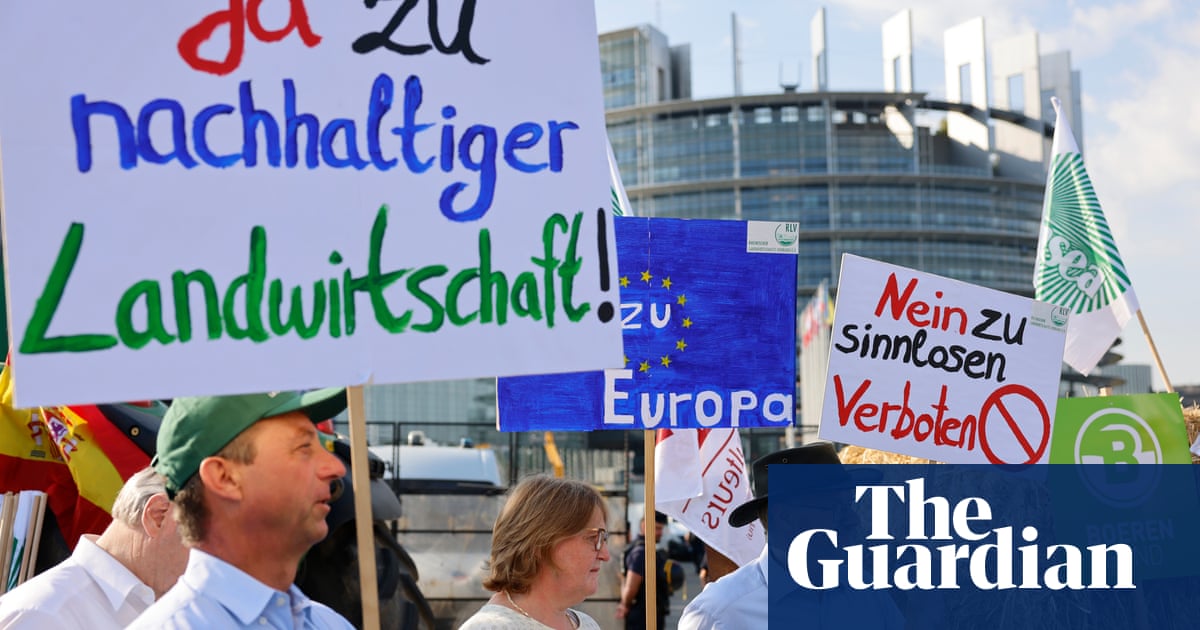
BRUSSELS — London and Brussels face a make-or-break decision on an elusive trade agreement Sunday, after a week of tension and deadlock that left a tumultuous "no deal" exit for Britain from the European Union"s orbit on Dec. 31 looking more likely than not, Reuters reported.
Negotiators had till Saturday"s evening to resolve an impasse on arrangements that would guarantee Britain zero-tariff and zero-quota access to the EU"s single market, though talks could carry on if they miss the deadline.
British Prime Minister Boris Johnson and the president of the EU"s executive Commission, Ursula von der Leyen, both said on Friday that a "no-deal" was now the most likely outcome.
Negotiators met in Brussels on Saturday, and a British government source said they would press on through the night. But the talks were very difficult and "as things stand, the offer on the table from the EU remains unacceptable".
"The prime minister will leave no stone unturned in this process, but he is absolutely clear: any agreement must be fair and respect the fundamental position that the UK will be a sovereign nation in three weeks" time," the source said.
Johnson and von der Leyen are expected to be in touch on Sunday, probably late in the day, to decide whether to abandon the negotiations or keep trying for an eleventh-hour deal.
Britain quit the EU in January but remains an informal member until Dec. 31 —the end of a transition period during which it has remained in the EU single market and customs union.
A Brexit without a trade deal would damage the economies of Europe, send shockwaves through financial markets, snarl borders and sow chaos through the delicate supply chains across Europe and beyond.
The British government has warned that even with a trade deal, 7,000 trucks heading for Channel ports in southeast England could be held in 100-km (62-mile) queues if companies do not prepare the extra paperwork required.
The two sides have struggled to agree on fishing rights in British waters and EU demands that Britain face consequences if in the future it diverges from the bloc"s rules for fair competition.
French Prime Minister Jean Castex traveled to the north of the country to speak with people who work in fisheries on Thursday, who said a plan for fishing would not be "sacrificed".
"We obviously hope to get a deal under the best conditions possible, but not just any conditions. And certainly not under conditions where fishing would be sacrificed as a variable," Castex said, announcing a government-backed plan in support of the French fishing industry.
Many professionals are worried that without a deal, they will be prevented from fishing in British waters.
Olivier Leprêtre, from the Regional Fisheries Committee, told Castex that "there must be a deal, if there is no deal, whether it’s regional fisheries or the local fleet, it would mean a certain death."
"If we are in French waters, we will find ourselves with Belgians, Dutch, Spaniards, so there will be an overexploitation of resources. We must not overexploit the resource."
He has warned that on both sides of the channel, a no-deal would have a large impact.
Xavier Leduc, the president of the Union of Fishing Boat Owners, said if they don"t know what the quotas are on Jan.y 1, they would be strongly impacted.
But, he said: "It might be better to have a temporary no-deal than have a bad deal that will hinder us for decades."
The EU"s Common Fisheries Policy provides for quota sharing and access rights for member states.
But in the UK, fishing rights represent a symbol of sovereignty with the UK becoming an independent coastal state. The UK is aiming to reduce access for European boats.
Earlier this week UK foreign secretary Dominic Raab said fishing rights were a main obstacle among a "fairly narrow" set of issues to resolve. He said the UK wanted control over its fishing grounds. — Agencies












